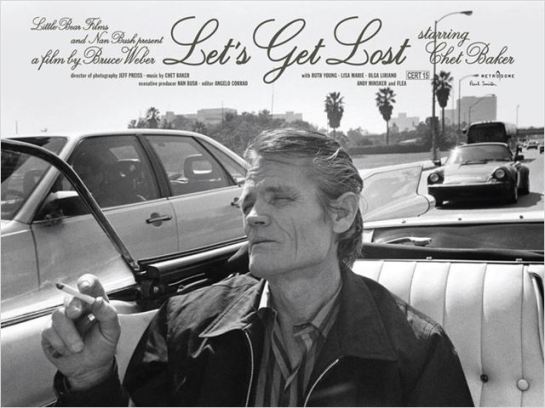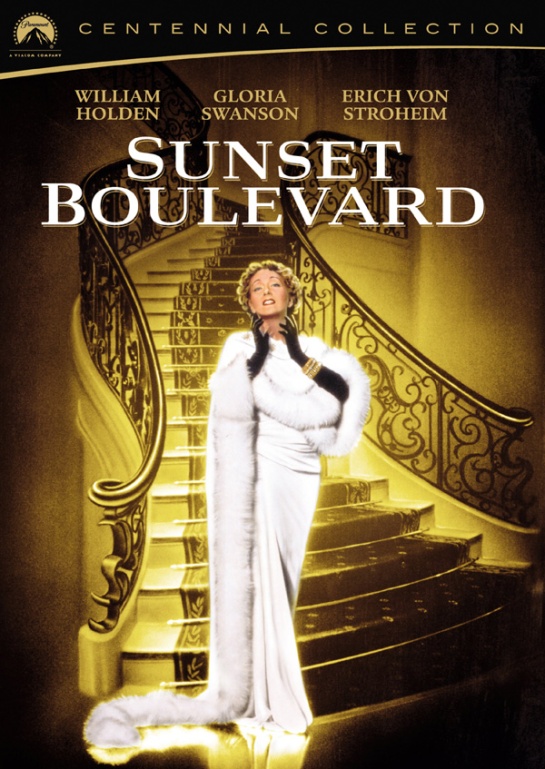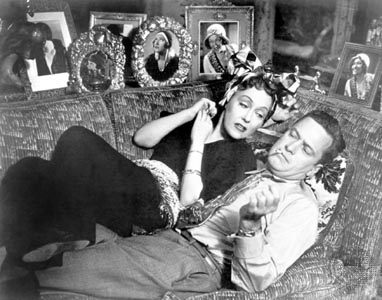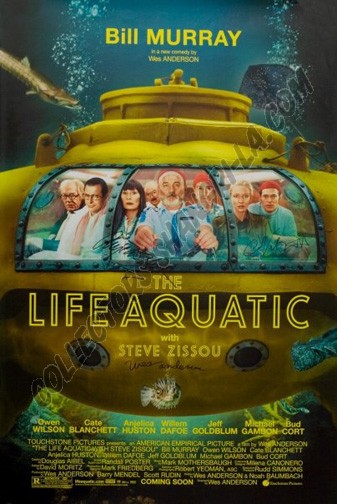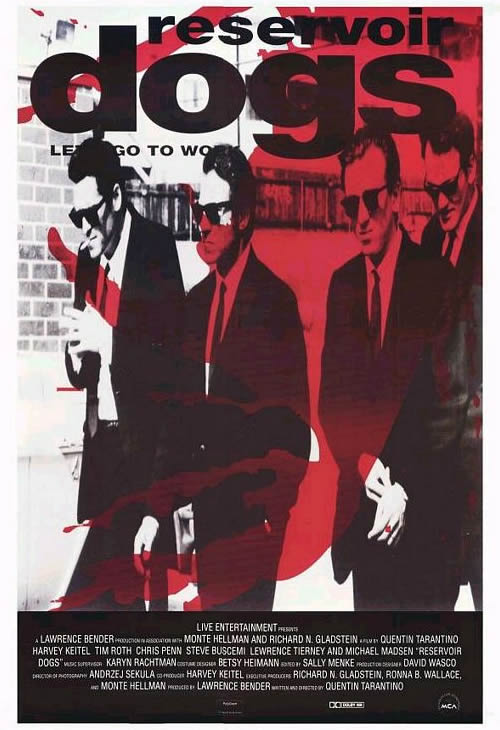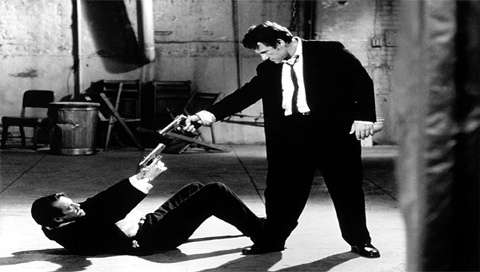Probably the greatest music documentary (real, as opposed to spinal tap) that I’ve ever seen. Why? There’s so much of humanity laid bare here. He’s not my favourite artist but he’s bloody great. I couldn’t listen to “I get along without you very well” by anyone else, and there are versions by nina simone (possibly my all time favourite artist) and Sinatra and others. Baker is great, no mistake. He’s also a fucked up guy. He lived his life like most great artists, full of myths and lies and brilliance and bullshit. A career fuelled by outrageous talent that drove his peers mad with jealousy, and looks that gave him everything but the personality to deal with it, he managed to throw it all away, and will never be remembered with the all time jazz greats, but with the near-greats.
This documentary catches him at the end of his career, old (but not too old), wizened, but still proud, still playing. It traces him then, it shows him now. Interviews come forth, they inform the opinions we’ve gained on him just from seeing him then – he’s already fooled us. We see he’s vain, but we also see the talent, the heart, the love for his art. He looks like the young American guy made good – the Jazz Elvis. Then we’re back in the enddays, and he’s the old American guy looking back. It’s all of life, right there. The guy, up in a hotel room, drugged, confused, staring down at the trumpet in its case, glaring back up at him, his whole worth. You know, without it, he thinks he’s nothing, even if he’s giving it the big I am – we see through the terror he’s suppressing.
What’s funny is that, performance wise, people get worse as they get older. I love Miles Davis, but his later stuff is tough to accept from the guy who made Sketches of Spain and Kind of Blue, and Nina Simone was a mess in her last days, painful to listen to. Chet Baker, looking like a homeless toothless hobo, sounds just as good as he ever did, and that isn’t an insult – it’s great. What’s lovely about this film is that it gives his music a wonderful platform – I won’t say better than it deserves, because it deserves a great platform. But there’s better jazz musicians that never had this platform. The cinematography is amazing. Take a bottle of wine, and watch this, and drown in it. I have, more than once. Finally, an artist gets what they deserve in terms of a film. That he wasn’t even bothered by that point, and that it may be more than the man deserves, is a part of it, to be honest.
From a headline point of view, he helps the documentary by throwing himself out of a topfloor window and killing himself sometime soon after this film was made, but he didn’t need to do so. This wasn’t a film that relied on glamour, scandal and excitement. This film was brilliant already.
